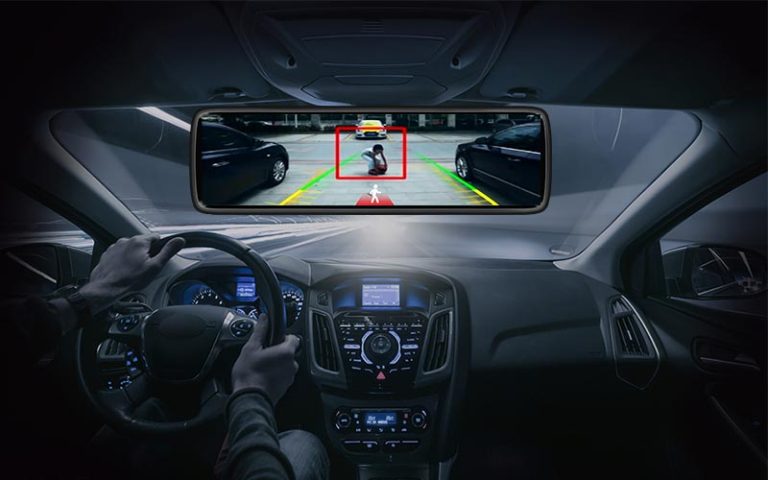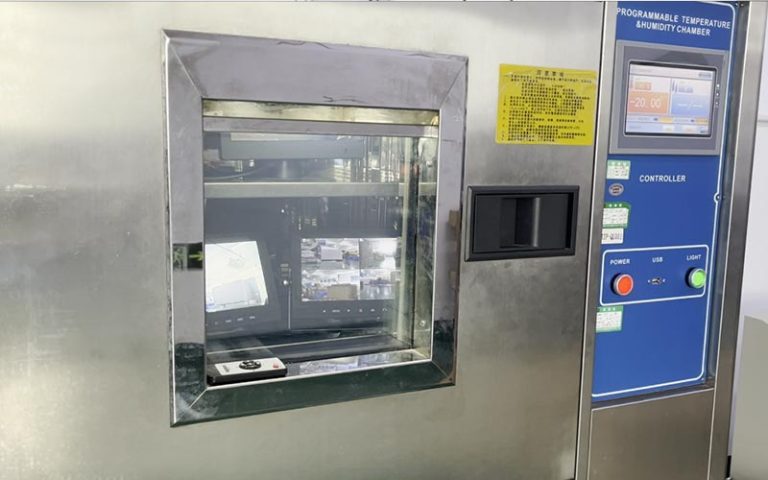When Selecting A Forklift Camera System, Logistics And Warehouse Operations Managers Are Faced With A Critical Decision: Whether To Choose A Wired Or Wireless System. This Decision Will Have A Direct Impact On Ease Of Installation, System Reliability And Future Maintainability.
The Advantages Of Wired Systems Are Their Stability And Reliability. They Transmit Video Signals Through A Physical Connection, Which Reduces The Possibility Of Signal Interference And Ensures Image Continuity And Clarity. For Fixed, Unchanging Forklift Operating Environments, Wired Systems Offer A Durable And Low-Maintenance Solution. However, Installing A Wired System May Require Specialised Installation Services As It Involves Internal Wiring In The Vehicle, Which Can Lead To Increased Installation Costs And Time.
On The Other Hand, Wireless Systems Offer Significant Installation Convenience And System Flexibility. Wireless Cameras Can Be Easily Mounted On The Forklift’S Fork Arms And Can Even Be Quickly Moved To Another Location When Needed. This Type Of System Is Particularly Well Suited To Warehouse Environments With Frequent Layout Changes Or Frequently Updated Fleets. Wireless Systems Also Reduce The Need For Complex Wiring, Reducing The Complexity And Cost Of Initial Installation. However, Wireless Systems Can Be Subject To Interference From Other Wireless Devices, Especially In Modern Warehouses That Are Full Of Wireless Signals.
Camera Systems Are Certainly A Huge Step Forward For Forklift Operation Safety. Their Ability To Provide Real-Time Video Of The Forklift Operating Area Helps Operators Avoid Collisions, Especially In Situations Where Vision Is Limited. Whether The System Is Wired Or Wireless, It Is Important To Ensure That The Image Quality Of The Camera Is Clear Enough To Provide A Reliable Image In A Variety Of Lighting Conditions, And That The System’S Operator Interface Is Intuitive And Easy To Use And Does Not Place An Additional Operational Burden On The Operator.
Other Factors To Consider When Making A Decision Are System Scalability, Camera Weathering, Battery Life (For Wireless Systems), And Long-Term Maintenance Costs. System Selection Often Requires A Combination Of Specific Operating Environments, Frequency Of Forklift Use, And Budget.
With All Of These Factors Considered, There Is No “”One Size Fits All”” Solution. A Wired System May Be Better Suited To Environments With A Fixed Operating Pattern And Sufficient Installation Time, While A Wireless System May Be Better Suited To Locations That Require A High Degree Of Flexibility And Mobility. Before Making A Selection, It Is Crucial To Carry Out A Thorough Needs Analysis And Possibly A Demonstration Test To Ensure That The Chosen System Will Meet The Needs Of The Operation Over The Long Term And Improve Operational Efficiency While Enhancing The Safety Of Forklift Operations.




